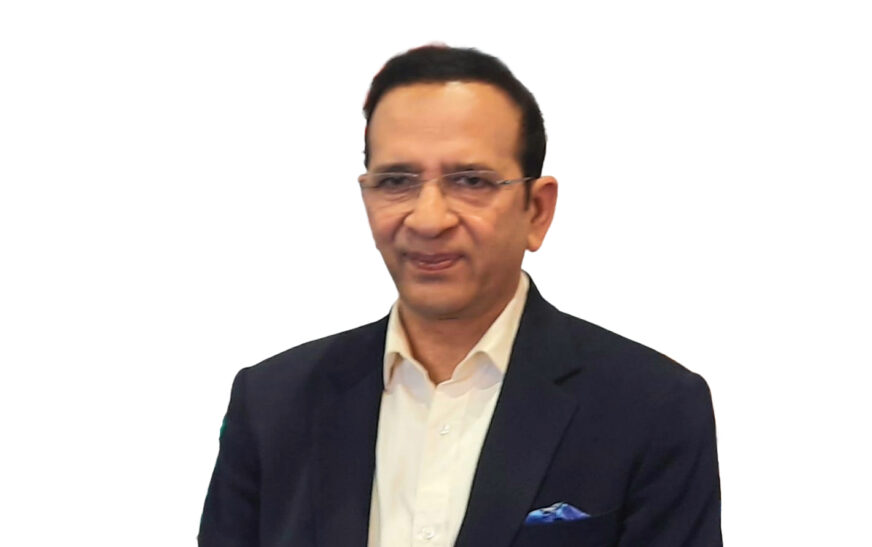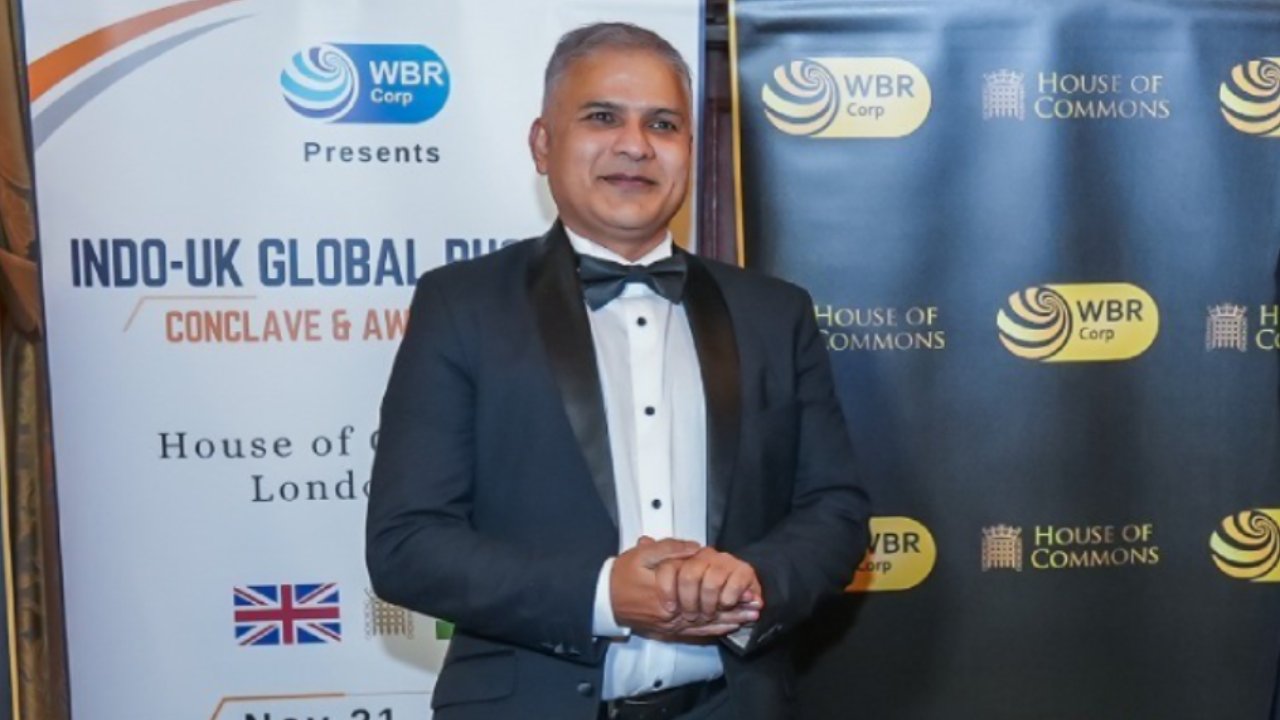Ajay Bisaria is an esteemed Indian diplomat known for his exemplary service and diplomatic acumen. Bisaria embarked on his diplomatic career with a strong academic foundation, holding a bachelor’s degree in economics from St. Stephens College, Delhi University, and a master’s degree in Business Administration from the Indian Institute of Management, Calcutta. He joined the Indian Foreign Service in 1987, marking the beginning of a distinguished journey in international diplomacy.
Throughout his career, Bisaria has held various crucial positions both domestically and internationally, showcasing his versatility and capability in handling diverse diplomatic challenges. He has served in key roles within the Ministry of External Affairs in New Delhi, contributing significantly to India’s foreign policy formulation and implementation.
Bisaria’s international assignments have been equally illustrious, demonstrating his commitment to fostering strong bilateral and multilateral relations. Notably, he served as India’s Ambassador to Poland and Lithuania, where he played a pivotal role in enhancing India’s ties with these European nations.
In 2017, Ajay Bisaria assumed the role of India’s High Commissioner to Pakistan, a position requiring astute diplomatic skills given the complex relationship between the two neighboring countries. During his tenure, he worked diligently to navigate through various challenges while striving to promote dialogue and cooperation between India and Pakistan.
Bisaria is widely recognized for his calm demeanor, strategic thinking, and diplomatic finesse, which have been instrumental in advancing India’s interests on the global stage. His dedication to diplomacy and his ability to foster constructive dialogue make him a respected figure in both Indian and international diplomatic circles. As a seasoned diplomat, Ajay Bisaria continues to contribute to India’s diplomatic endeavors, leaving an indelible mark on the country’s foreign relations landscape.
During an exclusive conversation with The Interview World at the World Book Fair, Ajay Bisaria delved into his recently published book, “Anger Management: The Troubled Diplomatic Relationship between India and Pakistan.” He explored a range of topics including Indo-Pak relations, India’s dynamics with China and Pakistan, the abrogation of Article 370, its implications for Pakistan, and the potential for the return of PoK to India. Let’s explore the key highlights of his analysis.
Q: Given India’s adoption of a muscular policy towards Pakistan, what key dynamics or trends are emerging in Indo-Pak relations?
A: It appears that progress is on the horizon as we move towards the latter part of the year. With Pakistan facing impending elections, there’s some uncertainty about the country’s trajectory, yet we anticipate gaining clarity in due time. Likewise, as India prepares for its electoral process, there’s hope that once the elections conclude, we can focus on enhancing mutual understanding and fostering constructive dialogue. This optimistic outlook suggests that despite current uncertainties, there’s potential for positive developments in the region, paving the way for a more harmonious and cooperative atmosphere shortly.
Q: What are the key conceptual differences between India’s relations with China and Pakistan, considering the historical, geopolitical, and strategic dynamics involved?
A: You see, our relationship dynamics vary significantly depending on the country. When it comes to our northern neighbor, China, the primary concern is expansionism, which has led to tense standoffs at the border. To address this, we’re actively engaged in both military and political discussions. However, we believe achieving peace and stability at the border is a prerequisite for further progress.
Conversely, our relationship with Pakistan presents a different set of challenges, notably terrorism. Before fostering closer ties with Pakistan, we must address this pressing issue. We expect Pakistan to demonstrate readiness by ensuring a stable and effective government.
Q: What were the key developments and challenges you encountered as India’s High Commissioner to Pakistan following the abrogation of Article 370?
A: The revocation of Article 370 came as a profound shock to Pakistan, prompting them to interpret it as India’s encroachment upon Jammu and Kashmir. This perception, however, misconstrued the situation, as India’s actions were centered on domestic administrative restructuring within its own borders. Consequently, Pakistan found itself grappling with considerable confusion regarding the matter. Despite this, efforts were made to articulate India’s position and rationale behind the decision. Moving forward, there remains an optimistic outlook that clarity and understanding will prevail, fostering better diplomatic relations between the two nations in the long run.
Q: What’s your message for the Pakistan Army, given its continuous intervention in governance and politics?
A: The situation in Pakistan is currently under reasonable control by the Army. However, there’s a notable loss in public support and a strong anti-army sentiment prevailing. Consequently, its credibility has suffered both domestically and globally. Predicting the Army’s next moves is challenging. If I were advising them, I’d recommend gradually withdrawing from political and economic involvement, focusing instead on security matters. Whether they’ll heed this advice remains uncertain.
Q: Do you perceive Pakistan disintegrating in the future?
A: You see, that’s a scenario we can’t ignore. Whenever we plan, we must consider various possibilities and assign probabilities to them. Presently, Pakistan is witnessing significant civil unrest, notably the Baloch and Pashtun movements, alongside several others. The emergence of the Tariq-e-Taliban Pakistan from Afghanistan has united the Pashtun community against Punjabi dominance, aligning with the Baloch cause.
Pakistan is grappling with internal threats on multiple fronts, raising concerns about potential disintegration in the future. While there’s been speculation that Pakistan’s allies would prevent such a scenario, its geopolitical significance has diminished. Consequently, both American and Chinese support isn’t readily available.
Financially strained and lacking robust international backing, Pakistan finds itself in a precarious situation. It’s facing a profound crisis that demands serious reconsideration by its military leadership.
Q: What are the chances of getting Pakistan-occupied Kashmir (PoK) back to India?
A: According to the 1994 parliamentary resolution, Jammu and Kashmir, along with PoK, is affirmed as an inherent part of India. It is hoped that in the future, PoK will be officially integrated into India. This resolution underscores India’s steadfast commitment to its territorial integrity and sovereignty.









